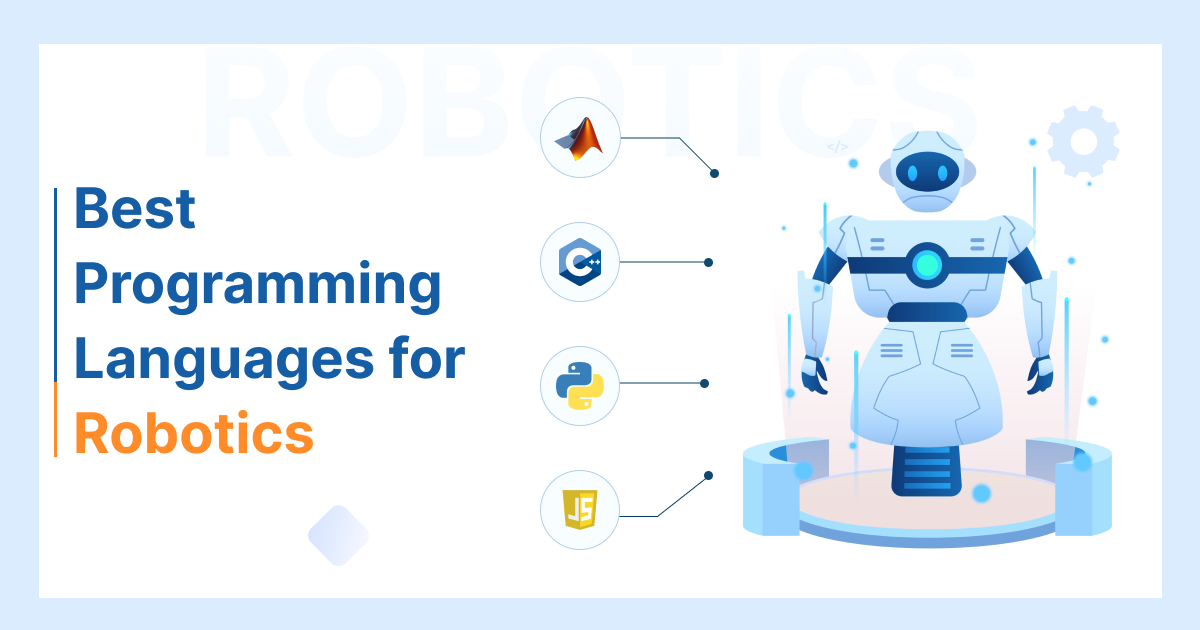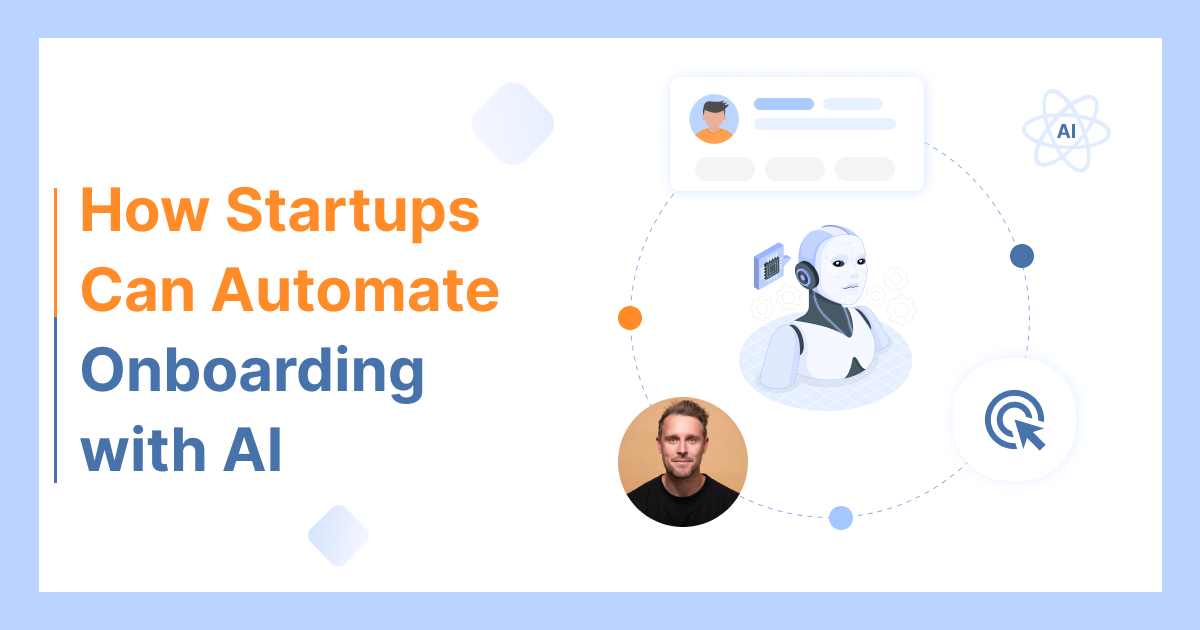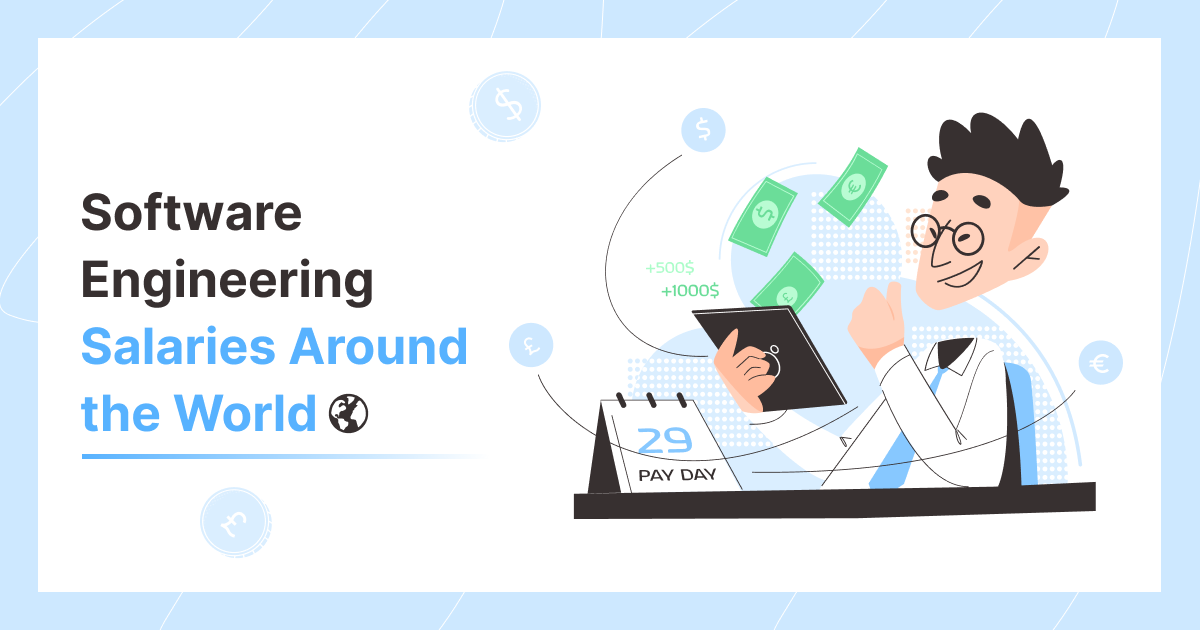When building a website or application, choosing the right technology can make all the difference. Two popular choices for web development are Core PHP and Laravel. But what sets them apart? Core PHP is like the raw ingredients of a recipe, offering fundamental coding capabilities. In contrast, Laravel provides a pre-made framework with tools and features that streamline development. It’s essential to grasp these distinctions to ensure a well-informed decision.
In this blog, we’ll discuss Core PHP and Laravel, helping you understand their differences and decide which one best suits your project. Let’s explore each’s unique strengths to guide your next web development journey.
Core PHP vs Laravel: Overview
Core PHP is the fundamental PHP language used to develop dynamic web pages. In contrast, Laravel is a streamlined web framework designed to facilitate the creation of scalable PHP-based websites and web applications. Our experiences with Core PHP and Laravel have been distinctly different. Let’s start by refreshing our understanding of both:
What is Core PHP?
In simpler terms, Core PHP is the foundational PHP code that programmers write without additional customization. It provides the essential elements needed to create dynamic web pages, making it ideal for simple website development. Core PHP doesn’t rely on external libraries or PHP web development frameworks, so it’s an excellent tool for understanding PHP’s basic logic and its integration with HTML and databases.
Additionally, Core PHP is highly efficient when executed on a server because it doesn’t need to load unnecessary features from a framework. This flexibility, combined with the use of PHP development tools, allows developers to create personalized and unique solutions.
Developing complex applications without a PHP framework can be more time-consuming and labour-intensive, as there are no pre-made components to speed up the process. However, by hiring a PHP developer to create a custom solution, you can avoid compatibility issues and get precisely what you need.
What is Laravel?
Laravel is a widely-used, robust, open-source PHP framework crafted to simplify and elevate web application development. Known for its elegant syntax, Laravel makes coding both efficient and enjoyable.
This framework offers essential tools for creating robust applications while providing powerful features for smaller projects. Its clean interface simplifies tasks like routing, security, authentication, and database management, making it accessible to novice and experienced developers.
Laravel employs a model-view-controller (MVC) architectural pattern, which helps separate logic from presentation. The Laravel ecosystem supports immediate software hosting and deployment, and Laracasts offers a wealth of screencast tutorials on its official website.
With its extensive toolkit, compatibility with various databases, and strong community support, Laravel is ideal for scalable web development. Hire a Laravel developer to build your next application and start creating a scalable, powerful web solution.
Core PHP vs Laravel – Difference Table
Although PHP and Laravel are related technologies, they have distinct differences. PHP is a scripting language, whereas Laravel is a framework built on PHP. As a language, PHP provides greater flexibility in code development.
On the other hand, Laravel excels in offering built-in testing units and scalability features. Before we discuss their advantages and utilization, let’s examine the Core PHP vs. Laravel comparison table.
| Feature | Core PHP | Laravel |
| Framework | None, it’s a general-purpose scripting language | MVC framework |
| Development Speed | Requires manual coding for most features | Provides pre-built modules and packages |
| Learning Curve | Steeper due to manual coding | Easier due to built-in features and conventions |
| Security | Basic; requires manual implementation | Built-in security features like CSRF protection, encryption |
| Database Support | Supports all major databases | Eloquent ORM simplifies database operations |
| Community Support | Large, but diverse | Strong community support with extensive documentation |
| Scalability | Depends on developer’s expertise | Built-in support for scaling applications |
| Testing | Manual testing required | Built-in testing capabilities (PHPUnit) |
| Code Maintenance | Requires manual effort | Simplified with features like migrations, seeders, etc. |
| Flexibility | Highly flexible due to manual coding | Provides structured workflows and conventions |
| Performance | Depends on implementation | Optimized performance with caching, queueing |
Advantages of Core PHP
Core PHP refers to using PHP without relying on any frameworks or libraries. Here are some key advantages of using Core PHP:
1. Simplicity and Ease of Learning
PHP’s syntax is intuitive and easy to grasp, making it an excellent choice for beginners. Its extensive documentation and numerous online resources further aid in learning and troubleshooting, allowing new developers to get up to speed quickly. This simplicity and ease of learning should instil confidence in your ability to master Core PHP.
2. Full Control
Core PHP gives developers complete control over their codebase, enabling them to tailor every detail to their project’s needs. This level of customization is only sometimes possible with frameworks, which can impose constraints on how applications are built and maintained. This empowerment should make you feel in charge of your projects when using Core PHP.
3. Performance
Applications built with Core PHP often perform better due to the lack of additional overhead associated with frameworks. This results in faster execution and more efficient use of resources, which is beneficial for high-traffic sites or applications requiring optimal speed.
4. Flexibility
Core PHP’s flexibility allows it to integrate smoothly with various front-end technologies and databases. This adaptability makes it suitable for multiple projects, from simple websites to complex applications, without being restricted by framework limitations.
5. Cost-Effective
Being an open-source language, PHP reduces development costs. Its compatibility with most hosting services also ensures that hosting expenses are minimized. This cost-effectiveness makes Core PHP a practical choice for projects with budget constraints.
Advantages of Laravel
Laravel is a popular PHP framework known for its robust features and developer-friendly tools. Here are some key advantages:
1. Elegant Syntax
Laravel provides a clean and elegant syntax, simplifying the process of writing and understanding code. This helps enhance productivity and reduce development time.
2. MVC Architecture
It employs the Model-View-Controller (MVC) architecture, which divides the application’s logic—handling data and business rules—from the user interface—the component that users engage with. This separation makes the application easier to manage and scale, as changes to one part of the application won’t affect the other parts.
3. Built-In Authentication
It has built-in authentication and authorization features, providing a ready-to-use authentication system with support for user registration, login, and password reset.
4. Eloquent ORM
Laravel’s Eloquent ORM (Object-Relational Mapping) offers a straightforward and user-friendly approach to database interaction. Abstracting the complexity of database queries enables developers to work seamlessly with database objects and their relationships.
5. Blade Templating Engine
Its Blade templating engine enables developers to create dynamic and reusable views with minimal effort. It provides a clean syntax and powerful features like template inheritance and sections.
Utilizations for Core PHP and Laravel
Enterprises across various industries widely adopt PHP and Laravel for diverse applications. Here’s a glimpse into the capabilities of Core PHP vs Laravel, showcasing some of their critical utilities:
1. Core PHP
Thanks to its longevity and widespread use, PHP stands out as a leading programming language for web applications and sites. Major platforms like Facebook, Google, and Wikipedia rely on PHP. Here’s how Core PHP can be leveraged effectively:
- Enhanced Cybersecurity
PHP development enables the integration of solid cybersecurity measures into your website or web application. Using PHP as the foundation, developers can quickly identify and address potential cyber threats, helping safeguard your digital assets.
- Customizable Script Codes
Core PHP reduces reliance on external email services. With PHP, your website can easily send notifications directly to clients, which can also serve as powerful marketing tools to promote new products and services.
- CMS Systems
Content management systems are essential for businesses. PHP-based solutions make adding and updating content easy, keeping your site fresh and engaging for your audience.
2. Laravel Utilities
Laravel development empowers programmers to build versatile and expandable web application features swiftly. Here are some critical utilities of the framework:
- Custom Applications
Laravel excels at creating bespoke web applications tailored to the needs of both large enterprises and small businesses. Its rapid development capabilities and integrated Blade templating engine enhance functionality and frontend development, ensuring impactful results.
- MVC Architecture
While Core PHP’s modular approach is functional, Laravel’s MVC (Model-View-Controller) architecture provides superior support and performance. It simplifies coding in extensive projects by organizing code and streamlining workflows, making it ideal for managing complex applications.
- Eloquent ORM
Laravel’s Eloquent ORM (Object-Relational Mapper) stands out for its ability to enhance business application performance. As the only PHP framework offering such seamless model construction and customization, Eloquent ORM ensures smooth interactions with the application’s database using a straightforward syntax.
Conclusion
This blog guide provides unbiased information on Core PHP vs Laravel to help you make informed decisions for your next web app development project. Core PHP and Laravel are excellent choices for web app development, but the best option depends on your app’s specific requirements and your Team’s expertise.
If you have questions about which technology is better suited for your project, want to migrate your existing app from PHP to Laravel or need a cost estimate, feel free to comment below or contact us for a free consultation.
Frequently Asked Questions
Q. What is Core PHP?
A. Core PHP refers to using PHP without any frameworks or additional libraries. It involves writing raw PHP code to create dynamic web pages. It offers flexibility and complete control over your code but requires manual handling of many features.
Q. What is Laravel?
A. Laravel is a popular PHP framework that simplifies web development with pre-built tools and features. It uses the MVC (Model-View-Controller) pattern, making development faster and more organized. It also has built-in support for tasks like routing and authentication.
Q. Which is faster, Core PHP or Laravel?
A. Core PHP can be faster because it doesn’t have the overhead of a framework. However, Laravel offers optimizations and caching that can enhance performance for complex applications, making it efficient despite its additional features.
Q. Is Core PHP easier to learn than Laravel?
A. Core PHP can be more manageable for beginners because it involves learning the basics of PHP without additional layers. Laravel has a steeper learning curve due to its framework structure but provides more tools to simplify complex tasks.
Q. When should I use Laravel instead of Core PHP?
A. Use Laravel to build scalable, maintainable web applications quickly and efficiently. It’s ideal for projects requiring robust features like authentication and database management, while Core PHP suits more straightforward, more customized solutions.







